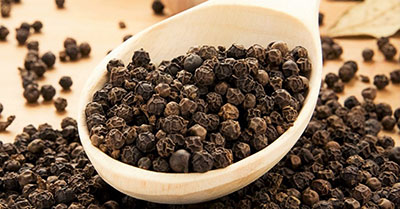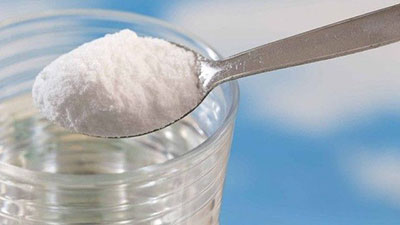






- The guidelines of the Torah and some basic rules which are based on these codes is the discipline of the religious scholars that Jewish people follow.
- Jewish believers follow the guidelines of kosher discipline which is entirely divine and based on the Torah.
- According to the laws of the Torah, the only types of meat that may be eaten are cattle and game that have “cloven hooves” and “chew the cud.” If an animal species fulfills only one of these conditions then its meat may not be eaten. Examples of kosher animals in this category are bulls, cows, sheep, lambs, goats, veal, and springbok. According to the laws of the Torah, to be eaten, a kosher species must be slaughtered by a "Schochet," a ritual slaughterer. Since Jewish Law prohibits causing any pain to animals, the slaughtering has to be effected in such a way that unconsciousness is instantaneous and death occurs almost instantaneously. Some birds may not be eaten. These include the eagle, owl, swan, pelican, vulture, and stork - as well as their brood and clutch of eggs. Only birds that are traditionally considered kosher, such as the goose, duck, chicken, and turkey, may be eaten.
- Only fish with fins and scales may be eaten, for instance, tuna, salmon, and herring. Shellfish such as shrimps, crabs, mussels, and lobsters are forbidden.
- All products that grow in the soil or on plants, bushes, or trees are kosher. However, all insects and animals that have many legs or very short legs are not kosher. Consequently, vegetables, fruits and other products infested with such insects must be checked and the insects removed. A vegetable prone to insect infestation (e.g. cauliflower) must be carefully examined.
- The preparation of kosher food is strictly outlined by rules whether it is meat, fowl or baked goods. Even the service utensils and the way they are prepared or cooked and brought to the table is very susceptible.
- The Torah says: "You may not cook a young animal in the milk of its mother". From this, it is derived that milk and meat products may not be mixed together. Not only may they not be cooked together, but they may not be served together on the same table and surely not eaten at the same time. This rule is scrupulously upheld in observant Jewish households, even in the handling of utensils, which are carefully separated into “fleshing” (meat) and “milking” (dairy) and separately labeled. By strict observance of these laws, they become an everyday habit.
- These requirements are in order to enhance Jewish believers in their eating and nourishing processes to a level of holiness.
- Bu gereklilikler zinciri Musevi inançlısı açısından; yemek yeme ve beslenme süreçlerini belli bir anlamda kutsallık seviyesine yüceltmeyi de içerir.
- The process of "kosher certification" does not involve "blessing" the food; rather, it involves examining the ingredients used to make the food, examining the process by which the food is prepared, and periodically inspecting the processing facilities to make sure that kosher standards are maintained. Products that have been certified as kosher are labeled with a mark called a logo that ordinarily identifies the rabbi or organization that certified the product.
- The concept of "Kosher” is mainly related to food, but it also lists the exempted animals and products made of their derivatives.
- The word "Kosher" can be translated as "fit or good," and is how it is to be defined in the narration of this page/website.
DENET GIDA A.S. The Authorized Kosher Agency of The Chief Rabbinate of Turkey
